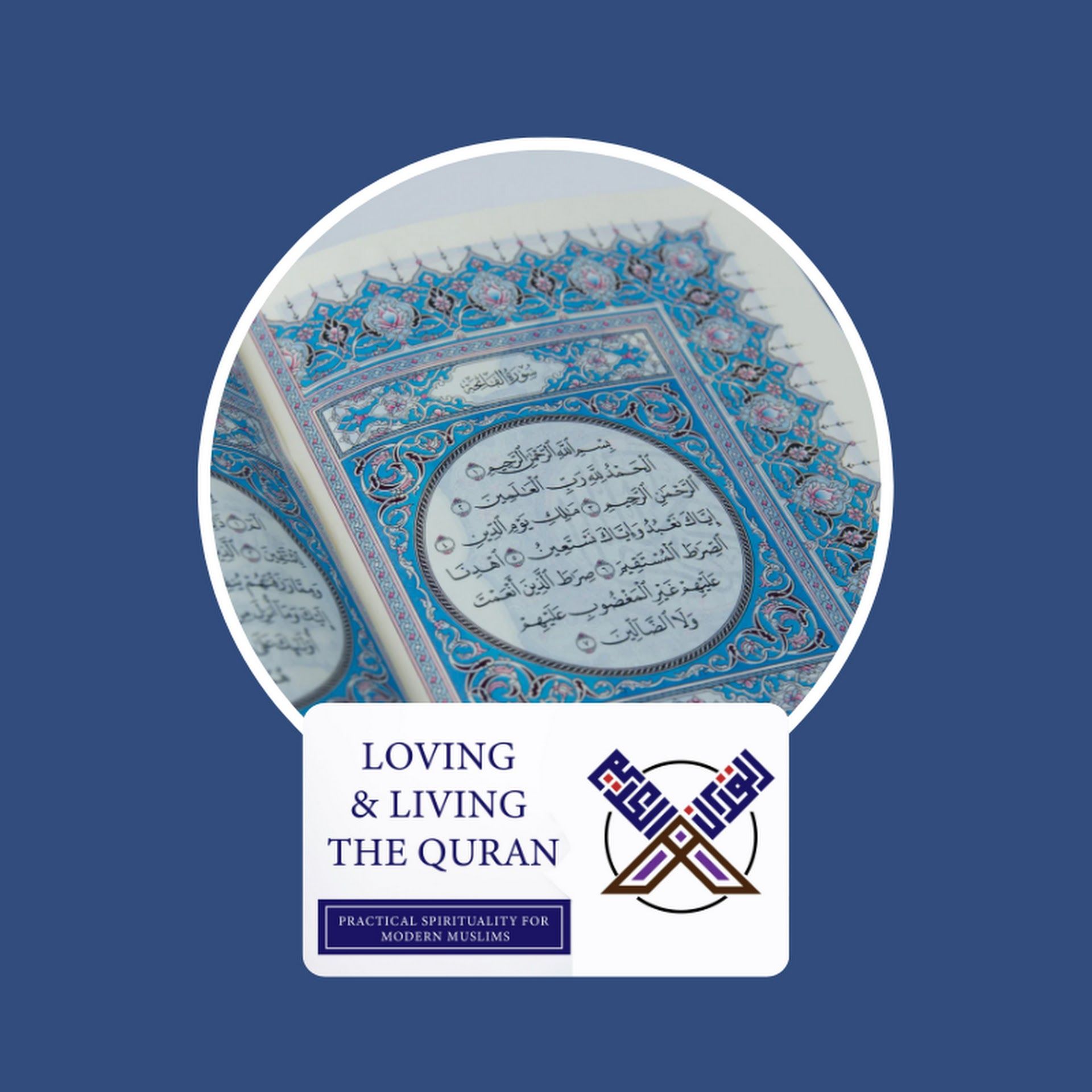Pray for future generations [25:74]

And they who say, “Our Lord! Grant us in our spouses and our offspring the joay [comfort, coolness, delight] of our eyes and make us imams [leaders] for the God-conscious” [25:74]
The last quality mentioned of the Ibad ur Rahman is that they have a fervent prayer consisting of two parts:
Firstly for Allah [swt] to grant them delight in their closest relationships of marriage and children and secondly to make them leaders amongst the God-conscious people.
This is such a beautiful supplication that we can all commit to memory!
The word that the Quran uses “Qurrata ayun” is challenging to translate into English. One explanation is that these are “tears of joy” or deep delight in your spouses and progeny.
Scholars explain that “coolness of the eyes” is understood to be of a spiritual nature, not mere worldly enjoyment of children and spouses [which in itself is a beautiful gift]. In other words, seeing your children following your values and the path that you have taught them. What the Ibad ur Rahman are praying for essentially, is that their families will join them in worship and obedience to God. This “coolness of the eyes” will come to fruition and be perfected when they join their families in the Garden in the Hereafter. It also means that the Ibad ur Rahman experience joy in seeing their worship God and perform acts of obedience.
And this is asked as a “hablana”, from hiba which means a gift that you didn't expect. Ya Allah, they pray, give us the unexpected and undeserved gift.
This part of the dua is a reminder that while we can do the process and make the effort to role model, teach and inspire our children and our families towards God, the outcome is not guaranteed and if our efforts bear fruit, this is a gift from Him.
The second part of the prayer of becoming the “Imams of the God-conscious” also has many layers of meaning: It may mean that the Ibad ur Rahman desire to achieve a level of devotion that will become a standard for others. Fakrudin Razi for example, cites the words of Nabi Abraham [as] in 26:84, “And make for me faithful renown among later generations”, and notes a desire to be exalted in matters of religion can be a positive thing, since such leadership or renown comes through both true knowledge and righteous action.
Secondly, since parents are Imams or leaders of their flock, their family, a prayer to become Imams or leaders of the righteous implies that their family is counted among the muttaqqin or God-conscious.
Thirdly, such a prayer shows our desire to leave a legacy that maintains faith and practice in the future generations. This is such an important consideration for us. Many of us see that even if parents practice, children may choose a different path for themselves and that faith and practice may be “watered down” over the generations [they can also be revived and strengthened of course, though it is more common to see it devolve]. The prayer of the Ibad ur Rahman is that this does not happen and that faith and practice are firm in future generations.
Being leaders in this context also means another thing: when we are praying for such a family, that we make the effort to back up the prayer. That we work to have the kind of relationship with our families that would make the home a safe haven and where “delight of the eyes” can happen. It also means that we inspire faith and practice through relationship and role modelling and back that up with fervent prayer that our efforts bear fruit inshallah.




